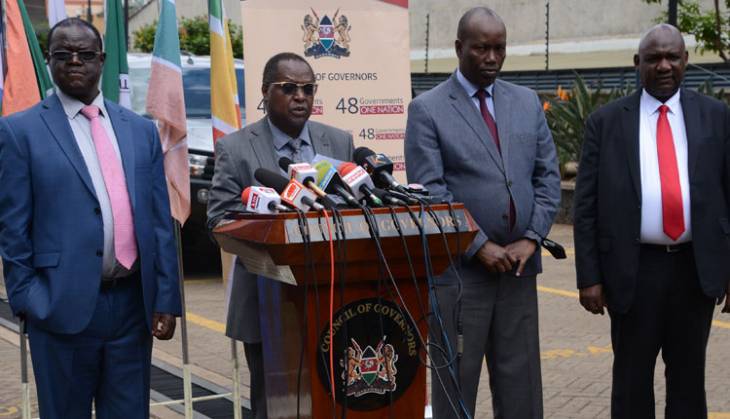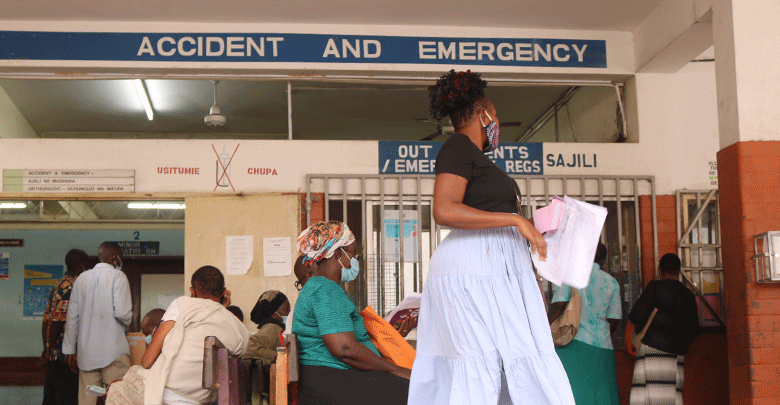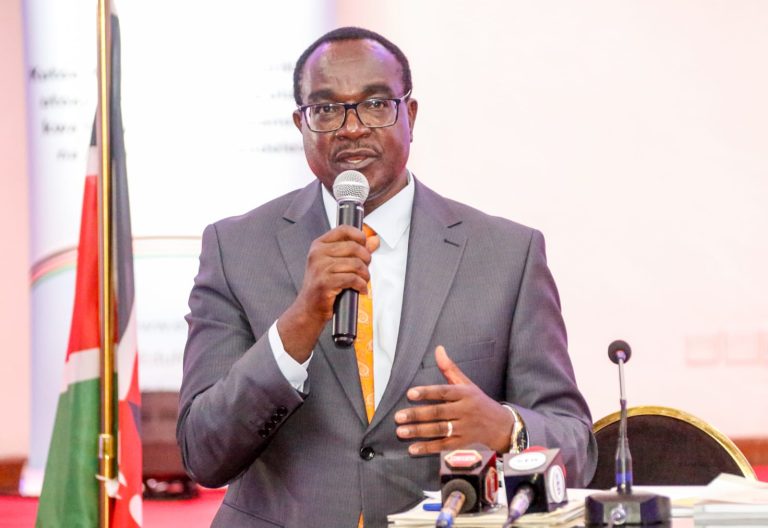Two Kenyan women featured on BBC’s most influential list

Njeri Maina
BBC has listed two Kenyans among 100 inspiring and influential women. The list recognises women “who are leading change and making a difference during these turbulent times.”
Dr Jemimah Kariuki and environmental activist Phyllis Omido have booked a spot in the coveted list.
Kariuki, a maternal and child health advocate, has been honoured for being deeply passionate about preventive medicine, especially in maternal and child health.
After the first Covid-19 case was announced in the country in March, and the government enforcing measures to combat its spread, Dr Jemimah saw a correlated decline in pre-natal and post-natal clinical visits as well as birth admissions.
Realising that access to health care was delayed by limited transport options, she came up with a solution wherein licensed vehicles would take women from their homes to the hospital irrespective of time and place.
This led to Wheels for Life, a free ambulance service supported by the Ministry of Health and serving several counties in the country.
“This pandemic has affected everyone; you are not alone. Nonetheless, that thought nagging you each day may be your calling; do not be afraid to respond. You may be the answer to someone else’s need,” BBC quotes her.
On getting the news that she was in the BBC list, Dr Jemimah tweeted that she was very grateful to God. She is also the founder of Public Health Club, an organisation instrumental in running cervical-cancer prevention and awareness drives.
She also established Peace Club, a community initiative that was established to promote peace and cohesion immediately after the 2007/08 post-election violence.
BBC listed Phyllis Omido, the founder and Executive Director of the Centre for Justice Governance and Environmental Action (CJGEA), a non-governmental organisation for advocating for the environmental and socio-economic rights of marginalised communities affected by extractive industries.
Omido is a 2015 recipient of the Goldman Environmental Prize, also dubbed ‘the Green Nobel’, which recognised her work to successfully shut down a lead-smelting plant in Owino Uhuru slum in Mombasa.
Omido won an environmental class-action suit in July that saw Sh1.3 billion awarded to Owino Uhuru community, and a further Sh700 million to CJGEA.
The court also ordered her legal costs catered for by the National Environment Management Authority (Nema), the body that lost the suit. Nema appealed the judgement, which is still in court.“Grateful for the recognition,” she tweeted.










